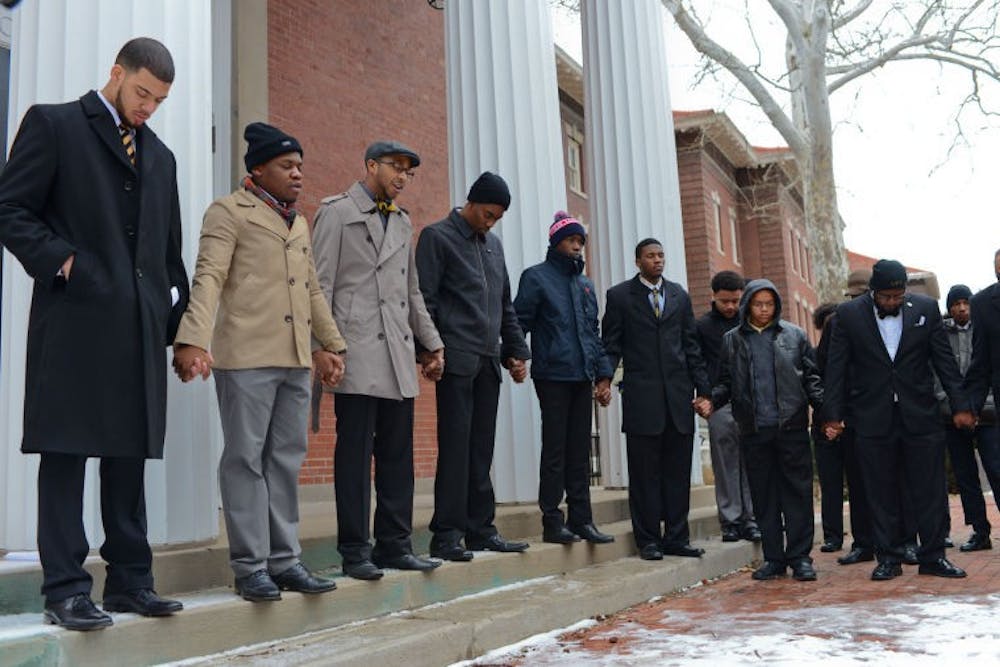More than three years before the March on Washington for Jobs and Freedom, Martin Luther King Jr. addressed a crowd of young people gathered in Athens during Ohio University’s winter break.
In 1959, The 18th Ecumenical Student Conference on the Christian World Mission drew a crowd of 3,600 students with more than 1,000 visiting from 77 countries outside the United States to discuss what the church must do in the face of conflict throughout the world.
For some, the chief purpose of their journey to OU’s campus was to hear King speak.
“Many of us have come to Athens primarily because we knew Dr. King would be here,” a student from India said, according to an article in the conference bulletin, The Frontier Post. “We want as much time with him as he can give us.”
Students attending King’s sessions frequently asked the Baptist minister about his employment of Gandhi’s methods, according to The Frontier Post.
“The aftermath of violence is bitterness,” he told them, according to an article in the bulletin. “But the aftermath of non-violence is reconciliation.”
Linda Lucas Walling, a college junior at the time of King’s visit to Athens, took notes on a session led by King titled “Frontier of Racial Relations.”
In a steno pad, Walling scrawled a numbered list that revealed King’s thoughts on the position the church should take on the topic.

“(The church must) reveal true intentions of the Negro — not to rule the world, but to live with dignity,” item number three reads. “(The church) must urge followers to go into new age with good will — both oppressors and oppressed,” reads the fourth and final point she recorded from this session.
Walling used those notes to write a report on the conference that she then presented to her church.
In the report, she described sitting between a boy from the Bahamas and a girl from Japan while King denounced the tension between races.
“In a situation such as this, you can’t just sit back and pretend you aren’t involved.” Walling wrote. “Likewise, you can’t be uninvolved when your roommate is a Negro girl from Alabama, where it is illegal to attend the same college as a white person, much less live in the same room with one.”
King’s visit inspired revelations such as that for Walling and countless other students in attendance, but in a Frontier Post article King remarked that he also was inspired by Athens.
“My day in Athens has been truly gratifying,” he said. “I have been inspired by the profound social concern demonstrated by so many students of such varied racial and national backgrounds.”






